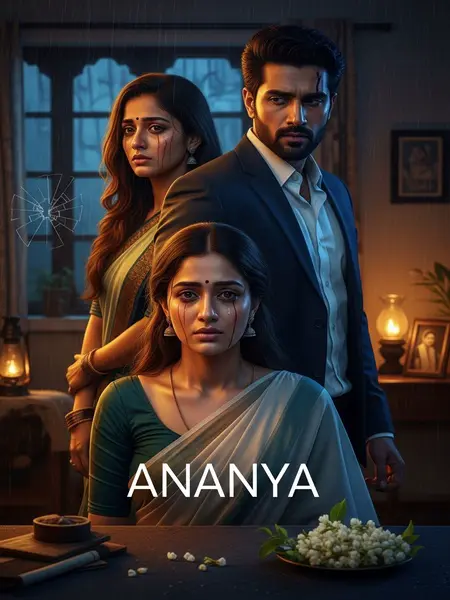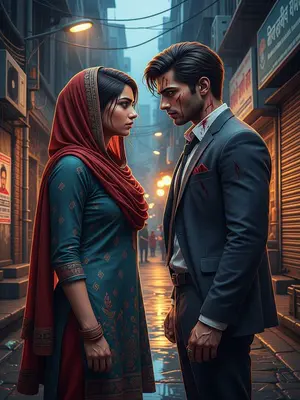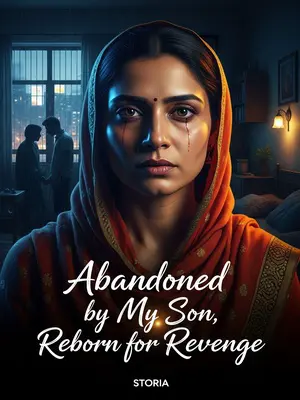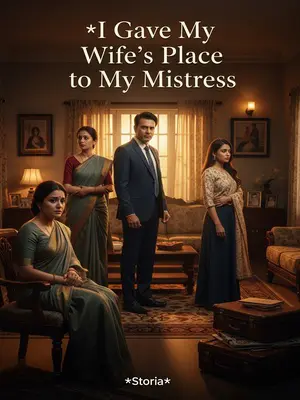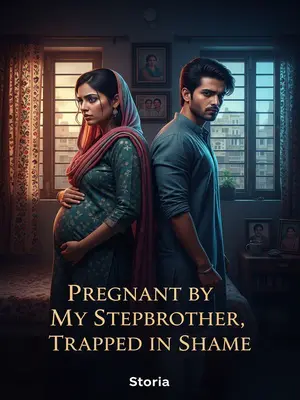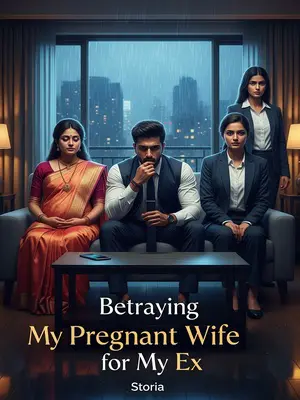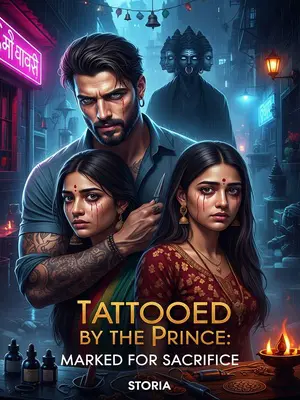Chapter 1: The Scandal That Stopped the Pressure Cooker
When my boyfriend and I broke up, it was the kind of scandal that had aunties pausing their pressure cookers mid-whistle to gossip, college friends whispering behind WhatsApp screens, and the building’s old uncles craning their necks for the latest update.
It wasn’t just ugly—it was the sort of mess that lingered in every stairwell, with neighbours adding their masala over evening chai. Even our closest friends tiptoed around us, refusing to take sides, and for months, the colony WhatsApp group was thick with cryptic status updates. Only those who’ve survived a real Indian breakup know how it feels when family, friends, and fate tug at you from all sides.
The year he loved me most, I took the twenty-five lakh rupees his mother handed over, aborted our child, and betrayed him.
That kind of betrayal was more than a quiet heartbreak; it became a front-page scandal in our small world. The sort that has neighbours muting their Sab TV serials just to discuss your name. Twenty-five lakhs. Enough to buy silence, but not even close to buying peace of mind.
He sat on the cold hospital floor, folding his hands in a desperate namaste, begging the doctors and me through the closed door.
I still see Arjun slumped there, his kurta sleeves rolled up, palms pressed together, his voice breaking with every 'please' that drifted through the corridor. In that harsh white hospital light, the world felt sharper, colder, more merciless.
He said he would hate me for a lifetime.
His words echoed through my bones, heavier than the Mumbai monsoon. "Zindagi bhar nafrat karunga, Anu," he’d said, and for the first time, I knew he meant it.
Six years later, when we met again, he had a beautiful girlfriend from a family of equal status and was about to get married.
Time had battered me, but it had polished him. The city, the business, the family name—they draped around him like an expensive sherwani. He was ready for a grand wedding, while I was clinging to the last threads of my dignity, barely holding on.
And I, at my lowest, went to him to borrow money.
In India, nothing is more humiliating than showing up at your ex’s door, hands empty, heart desperate. Even the auto-wallah gave me a look of pity when I handed him the address.
He forced me to attend his wedding, wanting me to watch as he married another woman and took her home.
That’s the thing about Indian weddings—everyone arrives to bless, to witness, to gossip. But being forced to watch the man you once loved tie the knot with someone else is a punishment only the gods could invent.
He asked me, "Do you regret it?"
He still didn’t know—I had raised our child alone.
That child was sick, teetering on the edge of life.
The world thought I had nothing. But in truth, I had everything—a child’s laughter in my tiny one-room kitchen, the sharp smell of Vicks on fevered skin, and the silent prayers I sent into the darkness every night, begging for him to live.
